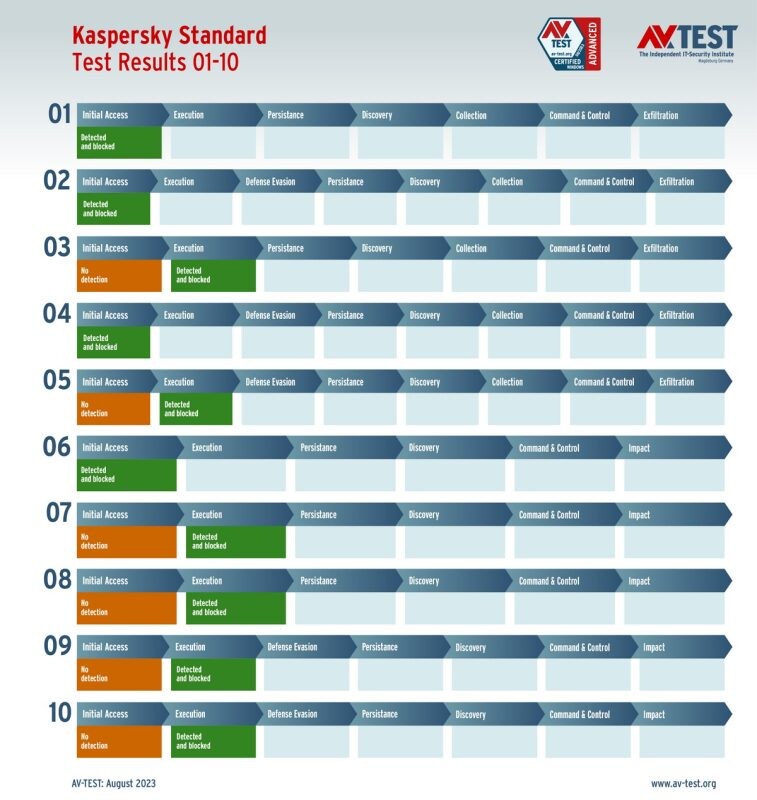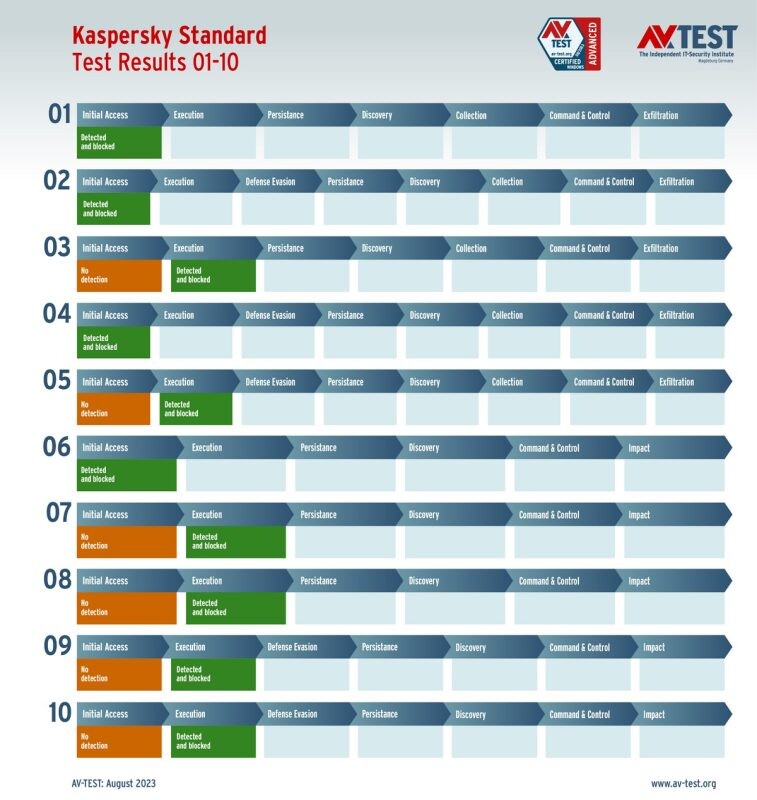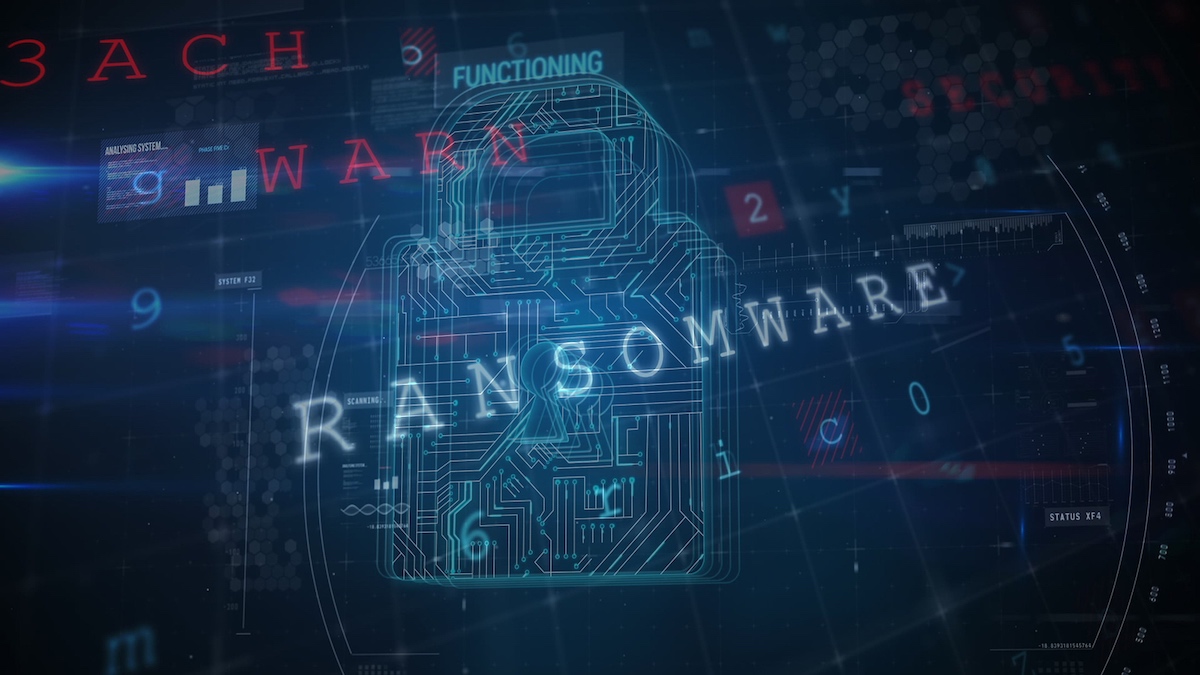CISA deputy director touts progress, anti-ransomware efforts
In 2023 CISA reached its five-year anniversary, and much has happened in those years.
The Cybersecurity and Infrastructure Security Agency, the U.S. government’s federal agency dedicated to cybersecurity-related issues, has had to contend with a global pandemic, multiple geopolitical conflicts, leadership changes and an evolving, increasingly aggressive cyberthreat landscape.
CISA Deputy Director Nitin Natarajan, who was appointed to the role in February 2021, told TechTarget Editorial in an interview that adapting to such a landscape has been a challenge, but the agency has built a team of individuals who are “used to working in fast-paced and dynamic organizations.” Natarajan said CISA has hired well over a thousand staffers in the last few years, while also receiving increased budget support from Capitol Hill and forming partnerships that have helped it scale up.
Said staffers include individuals from backgrounds across the federal government, state governments, local governments, the private sector, the intelligence community, the Department of Defense and more. This wide range of experience, the deputy director said, has enabled CISA to adapt to the volatile, constantly changing cybersecurity landscape.
CISA recently published its 2023 Year in Review, a webpage detailing the agency’s accomplishments last year. Some of these accomplishments include nearly 6,700 engagements with stakeholders in the private and public sectors, newly updated secure-by-design guidance, 1,200 warnings of early-stage ransomware activity, a public service announcement campaign and more.
Natarajan said that of CISA’s 2023 accomplishments, he was most proud of the agency’s partnerships and collaborations with entities such as global government partners; security researchers; and state, local, tribal and territorial governments.
 Nitin Natarajan
Nitin Natarajan
“It’s all about partnerships and collaboration. That is what has allowed us to be successful as well as what has allowed us to mitigate risks. It is what allows us to keep adversaries at bay. It is what’s allowed us to do a lot of what we do,” he said. “It’s not easy. It’s easy to say the words collaboration and partnership, but to really build…




